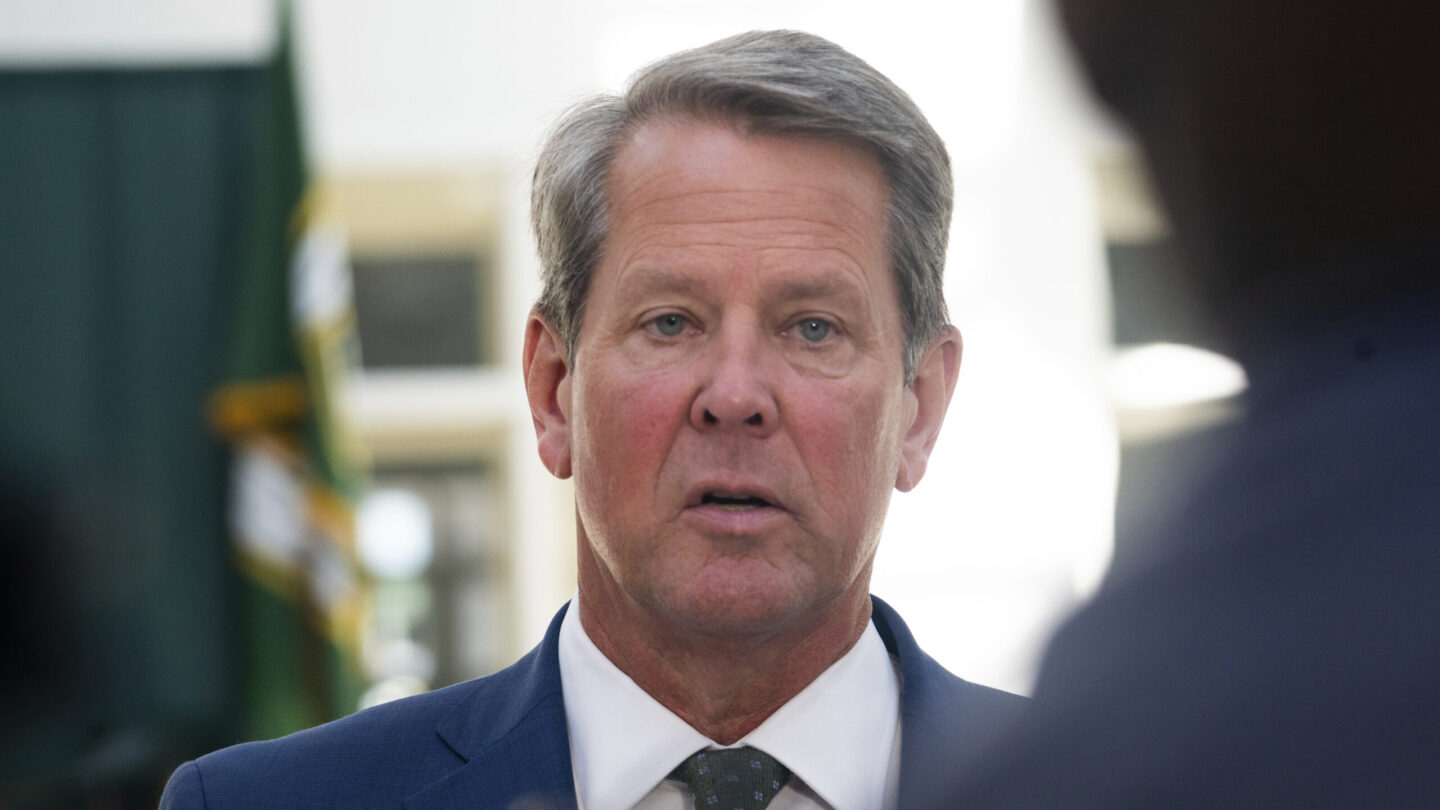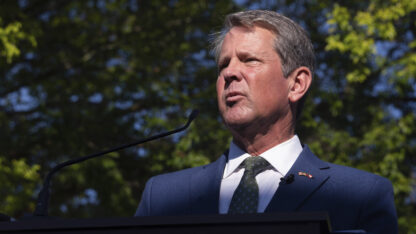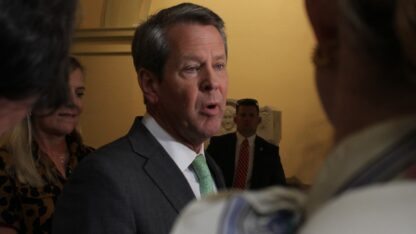Gov. Brian Kemp on Friday said the state will spend another $240 million in federal COVID-19 relief funds to construct broadband internet to rural locations that don’t currently have connections.
Combined with $408 million from an earlier round of COVID-19 aid, plus money from the Federal Communications Commission, nearly $1 billion will be given to utilities and others to try to bring high-speed connections to parts of Georgia that lacked them.
Applications for the new round of grants open Monday.
The announcement comes as the Republican Kemp vies for reelection with Democratic challenger Stacey Abrams in one of the nation’s most high-profile governor’s races. Abrams and other Democrats have slammed Kemp for taking credit for handing out federal money even as he voices opposition to federal spending.
Abrams on Tuesday pledged to use money from a recent federal infrastructure bill to outdo Kemp in broadband expansion, an issue that has widespread bipartisan support.
In February, when the state awarded the $408 million, officials projected the money would link up 132,000 of the remaining 482,000 homes and businesses that didn’t then have a fast connection.
The 49 electric cooperatives, local governments, cable companies and others who got the earlier round of funding committed to spend $330 million of their own money to match the federal cash.
The FCC earlier awarded $326 million to serve nearly 180,000 locations in parts of Georgia using its Rural Digital Opportunity Fund.
Applicants for the new money provide download and upload speeds of 100 megabytes per second. Guidelines call for applicants to consider affordability as part of their plan and says they are “strongly encouraged” to provide a low-cost option. Providers must participate in the FCC’s Affordable Connectivity program, which provides a discount of up to $30 a month to qualifying households.
Kemp decided to spend much of Georgia’s $4.8 billion in federal relief on broadband expansion, water and sewer improvements and offsetting the negative economic impact of the pandemic.









